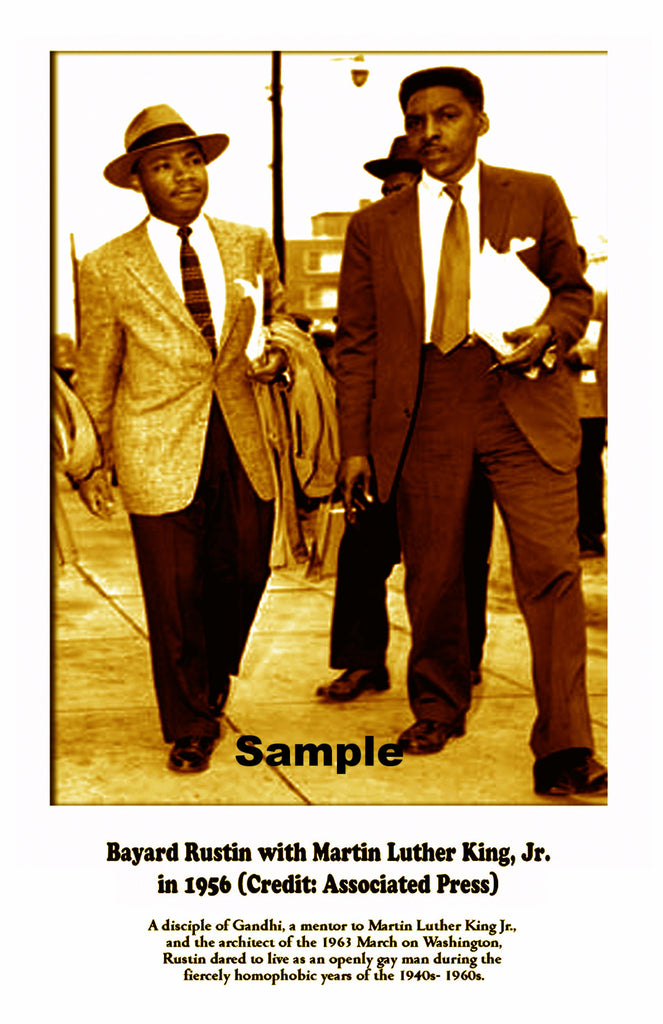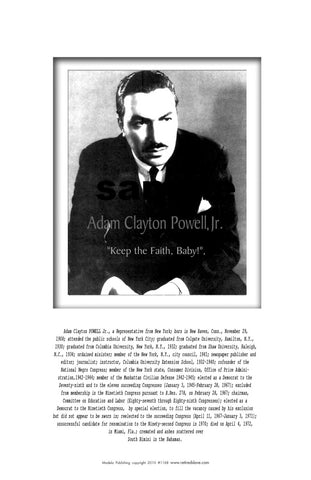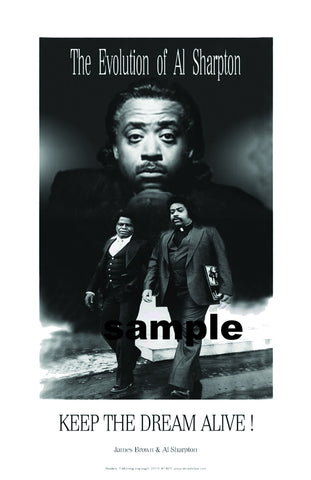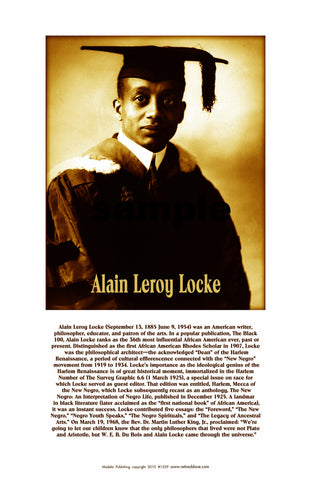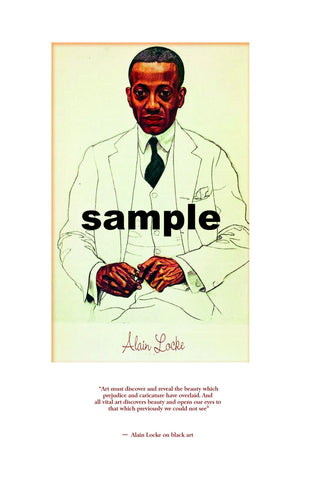Bayard Rustin #1563
$ 10.00
Bayard Rustin with
Martin Luther King, Jr
in 1956 ( Credit; Associated Press)
Bayard Rustin was born in West Chester on 17th March, 1910. For the first ten years of his life he thought that Janifer Rustin and Julia Rustin were his parents. In fact they were his grandparents and his real parents were Archie Hopkins and Florence Rustin, the woman he thought was his sister. Florence was only seventeen and unmarried when she gave birth to Bayard. Rustin was influenced by the religious and political beliefs of his grandmother, Julia Rustin. A pacifist, Julia was a member of the National Association for the Advancement of Coloured People (NAACP) and some of its leaders, such as William Du Bois and James Weldon Johnson, sometimes stayed with the family while on their tours of the country. As a young man Rustin campaigned against Jim Crow laws in West Chester. One of his school friends later said: "Some of us were ready to give up the fight and accept the status quo, but he never would. He had a strong inner spirit."
In 1932, Rustin entered Wilberforce University. Founded by white methodists in 1856 for the benefit of African Americans, the university was named after William Wilberforce, one of the British leaders of the campaign against the slave-trade. However, he left in 1936 without taking his final exams.
Rustin moved to Harlem and began studying at New York City College. He soon became involved in the campaign to free the nine African Americans that had been falsely convicted for raping two white women on a train. Known as the Scottsboro Case, Rustin was radicalized by what he believed was an obvious case of white racism. It was at this time (1936) that Rustin joined the American Communist Party. As Rustin later pointed out, "the communists were passionately involved in the civil rights movement so they were ready-made for me."
Rustin had a fine voice and sung in local folk clubs with Josh White. In September, 1939, Rustin was recruited by Leonard De Paur to appear with Paul Robeson in the Broadway musical, John Henry. However, the show was not a success and closed after a fortnight.
In 1941 Rustin met the African American trade union leader, Philip Randolph. A member of the Socialist Party, Randolph was a strong opponent of communism and as a result of his influence, Ruskin left the American Communist Party in June, 1941.
Rustin helped Philip Randolph plan a proposed March on Washington in June, 1941, in protest against racial discrimination in the armed forces. The march was called off when Franklin D. Roosevelt issued Executive Order 8802 barring discrimination in defence industries and federal bureaus (the Fair Employment Act).
Abraham Muste, executive secretary of the Fellowship of Reconciliation (FOR), who had also been involved in planning the March on Washington was impressed by Rustin's organizational abilities. In September, 1941, Muste appointed Rustin as FOR's secretary for student and general affairs.
In 1942, three members of the Fellowship of Reconciliation, Rustin, George Houser and James Farmer, founded the Congress on Racial Equality (CORE). Members of this group were pacifists who had been deeply influenced by Henry David Thoreau and his theories on how to use nonviolent resistance to achieve social change. The group were also inspired by the teachings of Mahatma Gandhi and the nonviolent civil disobedience campaign that he used successfully against British rule in India. The students became convinced that the same methods could be employed by blacks to obtain civil rights in America.
As a pacifist, Rustin refused to serve in the armed forces. On 12th January, 1944, Rustin was arrested and charged with violating the Selective Service Act. At his trial on 17th February, he was found guilty and sentenced to three years in Lewisburg Federal Penitentiary. Other members of Congress on Racial Equality, including George Houser, Igal Roodenko and James Peck, were also imprisoned during the Second World War for refusing to join the United States Army.
While serving his sentence, Rustin organized protests against segregated seating in the dinning hall. He explained his actions in a letter to E. G. Hagerman, the prison warden: "Both morally and practically, segregation is to me a basic injustice. Since I believe it to be so, I must attempt to remove it. There are three ways in which one can deal with an injustice. (a) One can accept it without protest. (b) On can seek to avoid it. (c) One can resist the injustice non-violently. To accept it is to perpetuate it."
Rustin was released from prison on 11th June, 1946. He immediately joined with George Houser in planning a campaign against segregated transport. In early 1947, CORE announced plans to send eight white and eight black men into the Deep South to test the Supreme Court ruling that declared segregation in interstate travel unconstitutional. The Journey of Reconciliation, as it became known, was to be a two week pilgrimage through Virginia, North Carolina, Tennessee and Kentucky.
Although Walter White of the National Association for the Advancement of Coloured People (NAACP) was against this kind of direct action, he volunteered the service of its southern attorneys during the campaign. Thurgood Marshall, head of the NAACP's legal department, was strongly against the Journey of Reconciliation and warned that a "disobedience movement on the part of Negroes and their white allies, if employed in the South, would result in wholesale slaughter with no good achieved."
The Journey of Reconciliation began on 9th April, 1947. The team included Bayard Rustin, Igal Roodenko, George Houser, James Peck, Joseph Felmet, Nathan Wright, Conrad Lynn, Wallace Nelson, Andrew Johnson, Eugene Stanley, Dennis Banks, William Worthy, Louis Adams, Worth Randle and Homer Jack.
